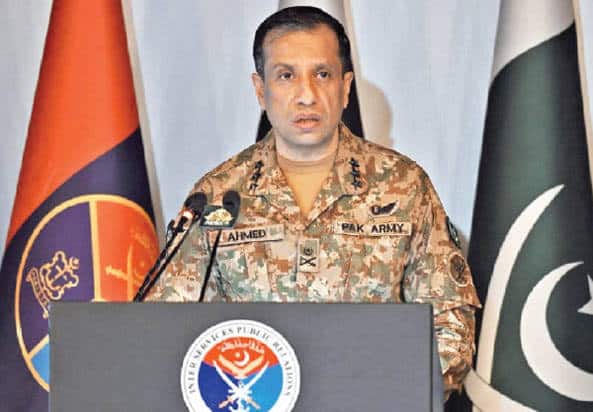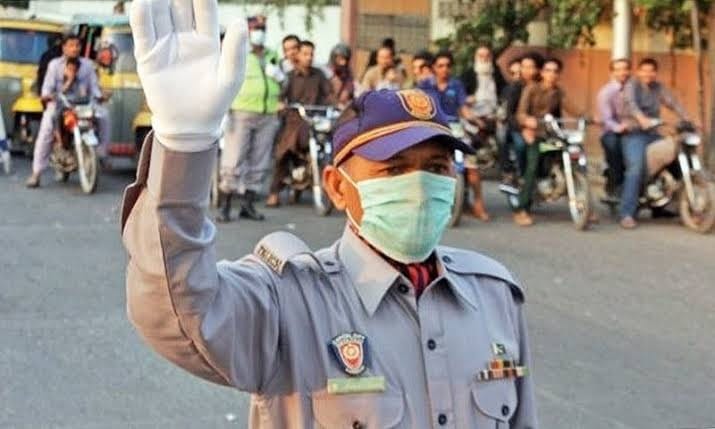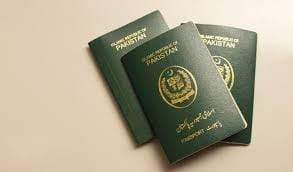n a significant update, the Director General of Inter-Services Public Relations (DG ISPR) has revealed that 57 civilian aircraft were flying through Pakistani airspace at the time of the recent Indian military activity. This disclosure sheds light on the serious risks posed to civilian lives during escalating military tensions in the region.
Despite the threat of escalation, Pakistan chose not to shut down its airspace, a decision made with the public interest and regional stability in mind. According to DG ISPR, the aim was to avoid disrupting civilian travel and maintain smooth airline operations, reflecting a mature and responsible approach in handling a sensitive security situation.
⚠️ Civilian Lives at Risk During Military Movements
The presence of 57 civilian flights during such a tense period shows just how vulnerable ordinary passengers become during cross-border hostilities. Had Pakistan opted for retaliation or closed its skies in panic, it could have resulted in delays, cancellations, or worse — endangerment of lives in the air.
This moment draws attention to the often-overlooked impact of military tensions on civilians, especially those who are simply traveling for work, family visits, or emergencies.
🤝 Diplomacy Over Confrontation
The DG ISPR emphasized that Pakistan’s decision to show restraint is a clear signal to the international community: while the country is fully capable of defending its sovereignty, it chooses peace and diplomacy over escalation.
This statement also serves as a call for responsible action by all nations, especially when civilian lives could be at stake. Military actions, especially near shared or contested airspace, must be undertaken with caution, and dialogue should always be prioritized.
🇵🇰 A Message of Stability
Pakistan’s handling of this situation shows its commitment to regional peace, security, and civilian protection. In today’s world, where warfare can so easily spill over into civilian life, such restraint is not a weakness—it’s a sign of leadership.
As tensions continue to evolve in South Asia, transparency, calm leadership, and responsible defense policy will remain critical in keeping the skies safe for all.














